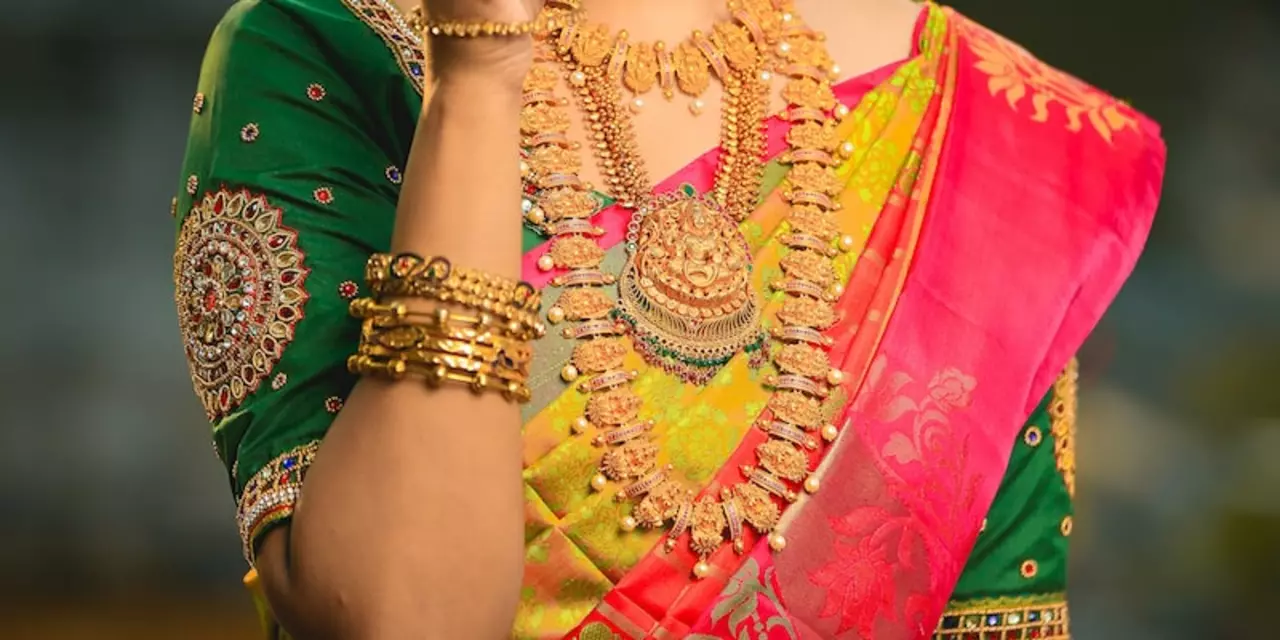It’s no secret that India is hot. The temperature in most parts of the country during the summer months can easily reach over 100°F (38°C). This heat is usually accompanied by high humidity, making it even more unbearable. As someone who grew up in India, I can tell you that there are few things more unpleasant than trying to survive a summer in this country.
The heat in India is so intense that it can be dangerous. Heat exhaustion and heat stroke are common occurrences, and the elderly and young children are particularly vulnerable. The air quality is also often very poor, with air pollution levels that are much higher than in other parts of the world. This is especially true in cities, where air pollution is at its worst.
The heat also makes it difficult to enjoy outdoor activities. Even if you want to take a walk or go for a swim, the heat can be unbearable. It’s not uncommon to feel drained and exhausted after spending even a short amount of time outdoors.
I think it’s safe to say that I hate being an Indian in the summer. The high temperatures and poor air quality make it difficult to live a normal life, and the heat can be dangerous. It’s no wonder that so many people flee the country during the summer months.
I am an Indian, and I hate the lack of quality education that is available in the country. Growing up, I had to attend a school with outdated facilities and resources, and I did not get the same education that my peers who attended private schools did. This is a common issue in India, as the public school system is severely underfunded and unable to provide students with a quality education.
The Indian government needs to invest more money in the public school system so that all students, regardless of their socio-economic status, can receive a quality education. This means creating better facilities, hiring more experienced teachers, and providing students with the necessary resources to succeed in the classroom. It also means increasing access to higher education so that students from all backgrounds can pursue their dreams and reach their full potential.
It's time for the Indian government to start investing in its citizens and provide everyone with the same opportunities for success. I believe that a quality education is the foundation of any society, and it's something that I wish I could change about being an Indian.
As a woman, it is no secret that there is a gender inequality problem in India. In India, women are often seen as second-class citizens and are not given the same rights or opportunities as men. Unfortunately, this is a problem that affects many people, both men and women, and it is something that I have experienced firsthand.
Growing up in India, I was constantly reminded of the gender inequality that exists. I was told that I should not speak up or challenge the status quo, and that I should accept that I was lesser than my male counterparts. I was also taught that my role as a woman was to stay at home, take care of the household, and remain subservient to the men around me. This was a difficult pill to swallow, and it made me feel like I was not as valuable or important as my male counterparts.
This experience has had a significant impact on my life. I have grown up feeling like I do not belong, like I am not worth anything, and like I am not capable of achieving my goals. This experience has made me feel like I am stuck in a cycle of inequality, and has left me feeling hopeless and powerless. It has also caused me to develop a sense of self-doubt and insecurity, which has been difficult to overcome.
I believe that gender inequality is an unacceptable part of being an Indian, and it is something that needs to change. We need to start recognizing the value and potential of women, and we need to ensure that they are given the same rights and opportunities as men. This is the only way to create a world where everyone can reach their full potential and experience true equality.
When it comes to being an Indian, I hate the overwhelming social pressure that comes with it. From a young age, I was constantly reminded of the “ideal” life I should lead – get good grades, go to a good college, get a good job, get married and have children. I was expected to follow a certain path and if I didn’t, I was made to feel like I let my family down.
It was never enough to just be happy. I was expected to be successful and make something of my life, no matter what it took. This pressure was often oppressive and made me feel like I was constantly walking on eggshells. It was hard to express my own ideas and dreams because they were never taken seriously. I felt like I was living someone else’s life, not my own.
Furthermore, I felt like I was under constant scrutiny. My parents and relatives were always asking questions about my life and judging my choices. I felt like I was constantly being judged and couldn’t do anything right.
Overall, the overwhelming social pressure of being an Indian has been the hardest part for me. It’s been difficult to express my own ideas and dreams and be taken seriously. I’m constantly judged and feel like I’m living someone else’s life instead of my own.
